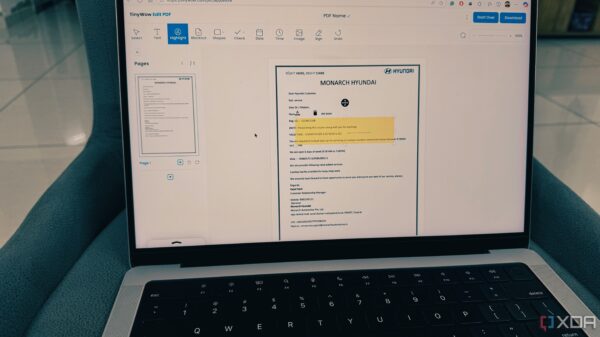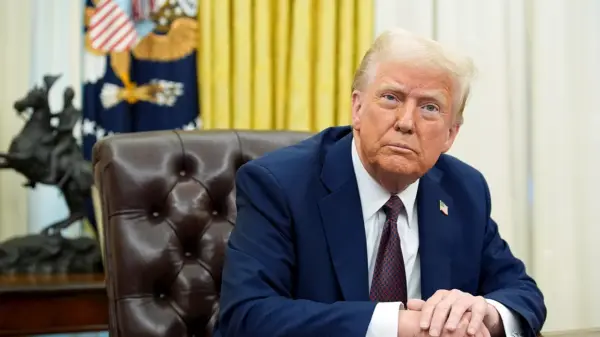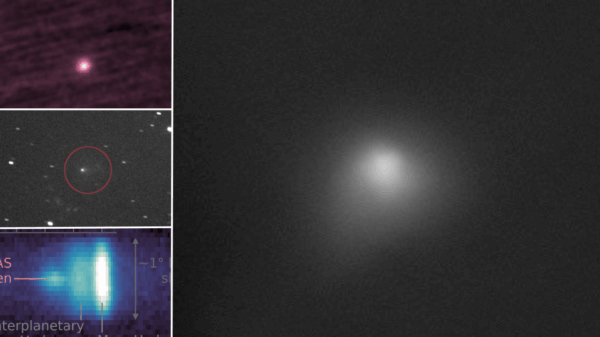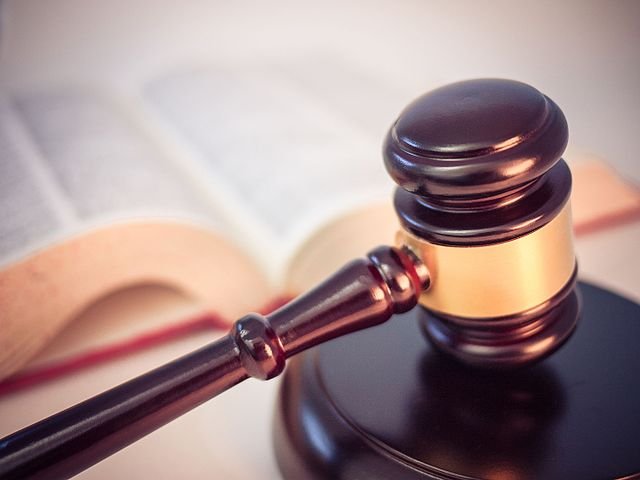A district attorney in Georgia has announced the dismissal of an election interference case against former President Donald Trump and several co-defendants. On Wednesday, Peter J. Skandalakis, the District Attorney Pro Tempore for the region, stated that the decision was made “to serve the interests of justice and promote judicial finality.” This development marks a significant turning point in the ongoing legal battles surrounding the 2020 election.
In a motion to nolle prosequi, Skandalakis outlined the legal complexities involved in the case. He highlighted issues that included constitutional questions, the Supremacy Clause, and concerns regarding immunity, jurisdiction, venue, speedy trial rights, and access to federal records. These factors contributed to his conclusion that the case would face substantial hurdles in being presented to a jury, even by the year 2031. He noted that “the citizens of Georgia are not served by pursuing this case in full for another five to ten years.”
Skandalakis emphasized that contesting election results is not inherently illegal. He expressed doubts that the alleged actions would be sufficient to support a prosecution under the Racketeer Influenced and Corrupt Organizations (RICO) Act, which addresses racketeering activities, including conspiracy. He also compared the prospects of a successful prosecution in Georgia to the findings of Special Counsel Jack Smith, who concluded his investigation into Trump’s actions following the 2024 election and the Supreme Court’s involvement.
The investigation into Trump’s attempts to influence the election outcome in Georgia was initiated by Fani Willis, the Fulton County District Attorney, in February 2021. In August 2023, a Fulton County Grand Jury indicted Trump on 41 counts related to election interference. However, Willis was later removed from the case by an appeals court due to an undisclosed relationship with special prosecutor Nathan Wade.
Following the announcement of the case dismissal, Trump took to his social media platform, Truth Social, asserting that “LAW and JUSTICE have prevailed.” He characterized the prosecution as an “Illegal, Unconstitutional, and unAmerican Hoax.” This decision effectively ends the efforts to prosecute Trump for election interference not only in Georgia but potentially across the United States.
The dismissal has broader implications for the ongoing discourse surrounding election integrity and legal accountability in the United States. The case’s complexities and the prosecutor’s rationale reflect the intricate legal landscape that continues to evolve in the aftermath of the 2020 election. As the nation moves forward, the ramifications of these legal battles will likely remain a focal point of discussion in both political and judicial arenas.




































































